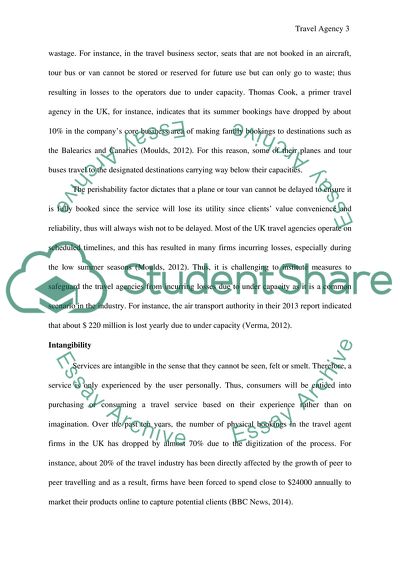Cite this document
(Marketing of Services: Travel Agency Essay Example | Topics and Well Written Essays - 1750 words - 1, n.d.)
Marketing of Services: Travel Agency Essay Example | Topics and Well Written Essays - 1750 words - 1. https://studentshare.org/marketing/1864380-mkting-of-services
Marketing of Services: Travel Agency Essay Example | Topics and Well Written Essays - 1750 words - 1. https://studentshare.org/marketing/1864380-mkting-of-services
(Marketing of Services: Travel Agency Essay Example | Topics and Well Written Essays - 1750 Words - 1)
Marketing of Services: Travel Agency Essay Example | Topics and Well Written Essays - 1750 Words - 1. https://studentshare.org/marketing/1864380-mkting-of-services.
Marketing of Services: Travel Agency Essay Example | Topics and Well Written Essays - 1750 Words - 1. https://studentshare.org/marketing/1864380-mkting-of-services.
“Marketing of Services: Travel Agency Essay Example | Topics and Well Written Essays - 1750 Words - 1”. https://studentshare.org/marketing/1864380-mkting-of-services.


